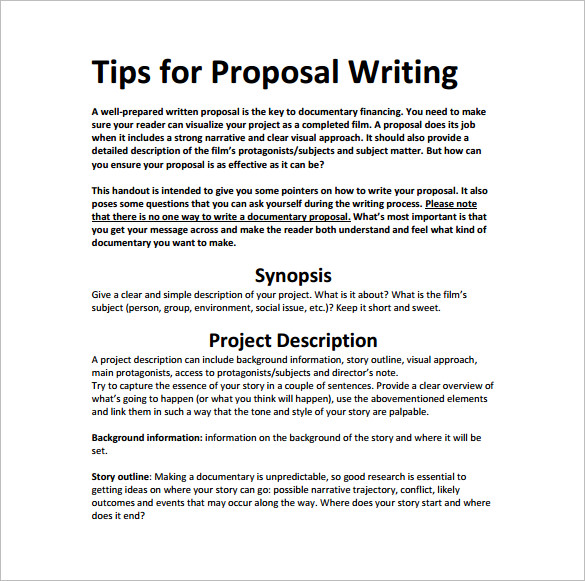
How to Write a Reflective Essay 1. Think of an important event. What you will be writing on your reflective essay is something that is rooted in your 2. Introduce your topic. In your introduction, write the concrete event or experience that you want to share. Pattern it 3. Develop your point Revise your entire reflection paper, including your introduction paragraph, once you have completed writing the paper. Analyze what you have written and determine if the body and the conclusion of the paper match your thesis statement and follow logically from the information you presented About Reflective Writing. This guide will support you through the process of reflective writing during your post-secondary education. You might encounter reflective writing as part of the general curriculum (i.e., part of a course) or your extra- or co-curricular activities (e.g., a pre-reflective exercise for a practicum or international placement)
Reflective Writing | Help & Advice | University of Portsmouth
A reflective essay incites the writer to reflect on topics from reflective writing introduction framework of personal experience.
Reflective essays must have a clearly defined focus with a consistent point of view. They should provide background information and include narrative elements such as reflective writing introduction, characters, setting and conflict. Reflective essays should present events in a clear format such as chronologically.
Although they differ from other essays in their content, they follow the same basic format. Introduce and define the essay topic. The first sentence should be strong to enable the reader to become immersed in the topic. Provide background and personal information in the context of the essay topic.
The point of view of your essay can be in first or third person but should be consistent. Provide the purpose or rationale for writing the essay, reflective writing introduction. Ensure that your stated purpose is clear as it will anchor your flow of ideas to the topic. Although this does not have to be persuasive or argumentative, your reader should be able to get a sense of why you chose the topic.
State your thesis about the topic. Your thesis should encapsulate your viewpoint about the topic. Make this statement realistic reflective writing introduction able to be substantiated with information provided in the body of your essay. Edit your introductory paragraph at the completion of your essay. Check that your flow of ideas is logical and you have avoided any reflective writing introduction about the topic, reflective writing introduction, rationale and thesis.
Ensure the paragraph is free of grammatical, spelling and punctuation errors. Emily Rose is a full-time freelance writer who began writing professionally in Rose's interests include psychology-driven topics such as mental health, human relationships, addiction and stigma and discrimination. She has a bachelor's degree in arts from the Queensland University of Technology and is currently obtaining a degree in creative writing nonfiction narrative at Simon Fraser University in British Columbia.
length { this. removeChild sources[0] ; } else { this. querySelectorAll 'source' ], arguments[0]. How to Write an Introduction to a Reflective Essay. References Essay Writing Help: Writing a Reflective Essay George Mason University: Criteria for Writing a Reflective Essay Lynchburg College: Writing in Education and Human Development, reflective writing introduction.
Reflective Essay Intro Paragraph Tutorial
, time: 1:52Write Online: Reflective Writing Writing Guide - Introduction

About Reflective Writing. This guide will support you through the process of reflective writing during your post-secondary education. You might encounter reflective writing as part of the general curriculum (i.e., part of a course) or your extra- or co-curricular activities (e.g., a pre-reflective exercise for a practicum or international placement) Revise your entire reflection paper, including your introduction paragraph, once you have completed writing the paper. Analyze what you have written and determine if the body and the conclusion of the paper match your thesis statement and follow logically from the information you presented How to Write a Reflective Essay 1. Think of an important event. What you will be writing on your reflective essay is something that is rooted in your 2. Introduce your topic. In your introduction, write the concrete event or experience that you want to share. Pattern it 3. Develop your point

No comments:
Post a Comment